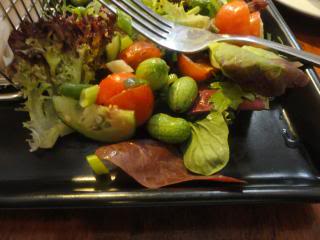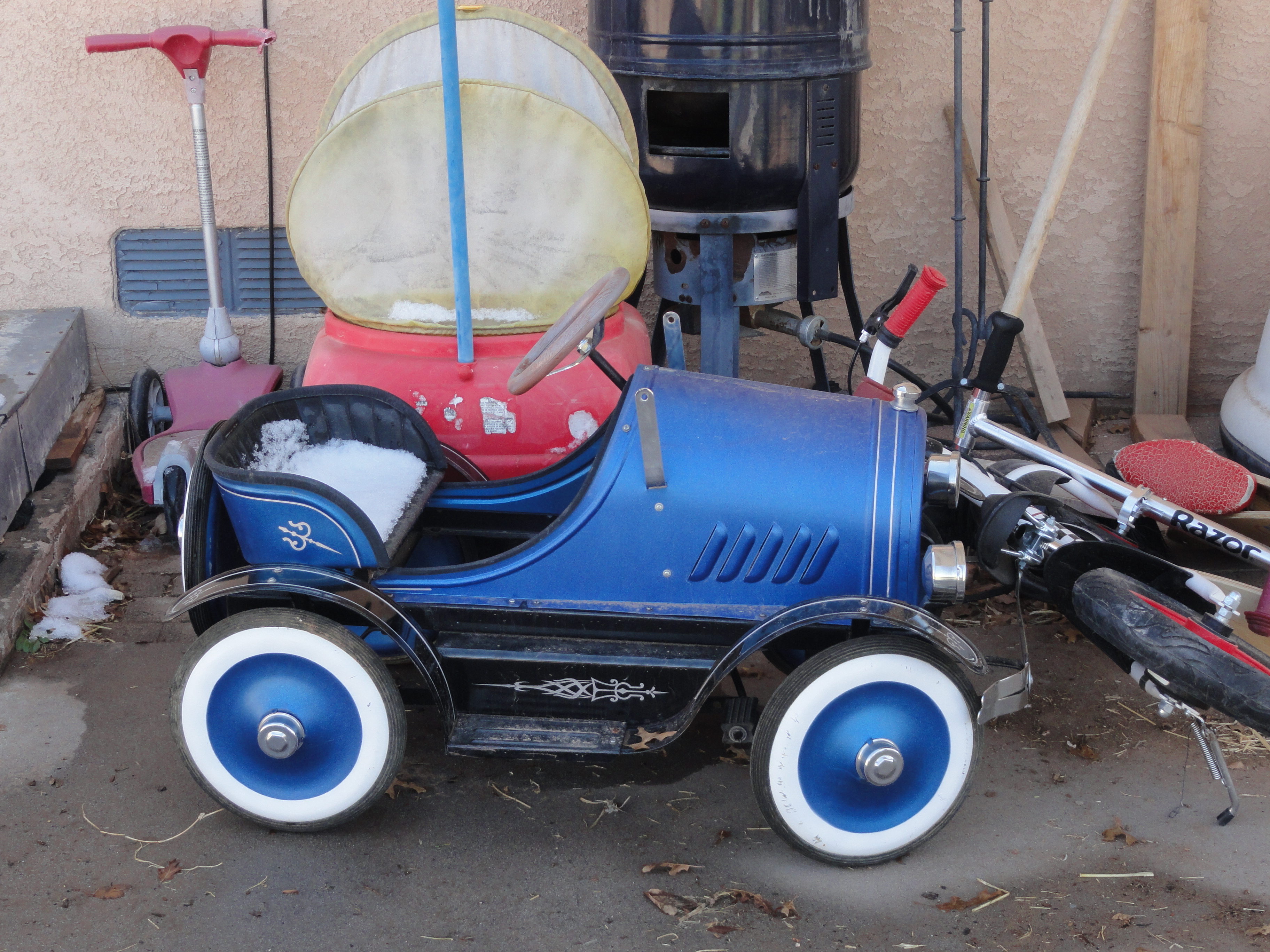Consider saying 'yes' more often. Don't just say 'yes' without thought 'because some unschoolers told you to'. But *consider* saying 'yes' more often—in each instance in which you would normally say 'no', ask yourself 'why not yes?' And really pick apart (in as appropriate a time-frame as possible) why you would say 'no'. Is it because a 'yes' would feel frowned upon by others? Is it because you've always said 'no'? If you find yourself saying 'no' to the same things time and time again, then do a bit more deeper work on that issue. There may be something getting in your way you need to unpick— some cultural conditioning; some unhelpful and possibly untrue ideas about children.
Don't put yourself under loads of pressure with this...just work on questioning your 'nos' and 'yesses' in more detail, more mindfully.
—Clare Kirkpatrick
photo of Kirby Athena Dodd with her grandpa, Keith,
Halloween 2020



















